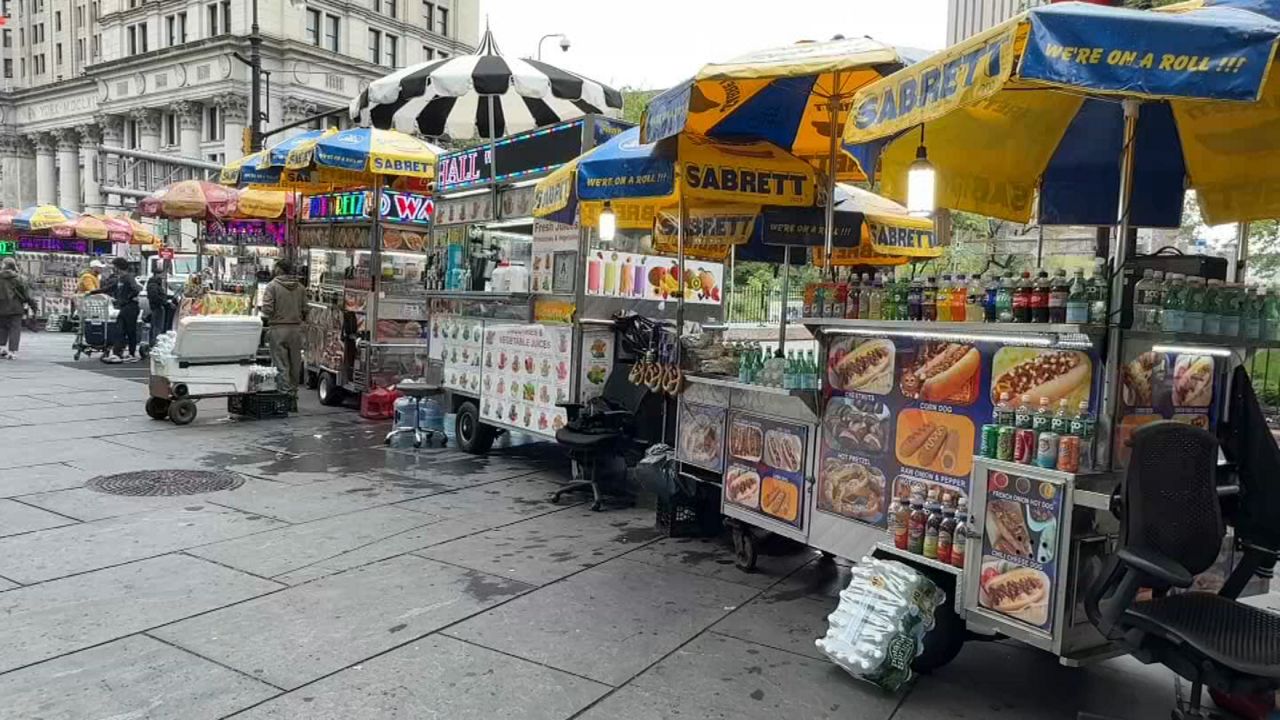They can often be seen on e-bikes delivering food. And they became an even bigger presence on the streets during the pandemic as people sheltered in place and ordered in. But being a delivery worker can be tough. And now, efforts are underway to organize them into a union.
"Currently, the gig workers have no voice in their workplace. No voice to negotiate pay or benefits of workplace policies," said state Sen. Diane Savino, whose district covers parts of Staten Island. "And I have been taking about this issue for several years now. The world of work is changing, and labor law has not caught up to technology and how it has changed the world of work."
But it’s not just delivery workers. It’s also Uber and Lyft drivers and other contract workers considered part of the gig economy.
Savino’s bill to organize them is facing opposition from some key players, including the chair of the Senate Labor Committee, Jessica Ramos.
"Well, the biggest concern I have is that workers won’t have employee status," Ramos said. "And more than that, Uber and Lyft drivers' pay would be slashed in half. It’s very unfortunate that they crafted this bill without the workers at the table."
Critics say the Savino bill would allow collective bargaining, but would not allow workers to strike for better pay and benefits.
"One of the most important, landmark pieces of labor law that was passed in the last two years, it was historic, was the farm workers bill. The farm workers bill of rights. They do not have the right to strike. It’s actually written right into the statute," Savino said.
While some unions support the bill in its current form, others have either dropped their support or never signed on in the first place.
"There has been great work done in the city to improve standards for drivers," said Manny Pastreich of 32BJ. "Currently, there are five bills that the deliveristas have in front of the New York City Council, including bathroom access for delivery workers at restaurants, and this would override all that great work that’s been done on the city level."
Time is running out. The legislative session ends next month, and coming to an agreement all stakeholders can live with, may be out of reach.
"I don’t believe in rushing legislation. I like to do things as best as possible the right way," Ramos said.
Last year, California voters rejected a proposition that would have classified gig workers as employees and made them eligible for more worker protections. The defeat was considered a major setback for gig workers, who are also trying to win protections at the federal level.






_CG_Mayors_Race_050725)
_CG_GOP_Comptroller_Primary)
_Pkg_Street_Vendor_Rally_CG_-_000217_-_023800)
